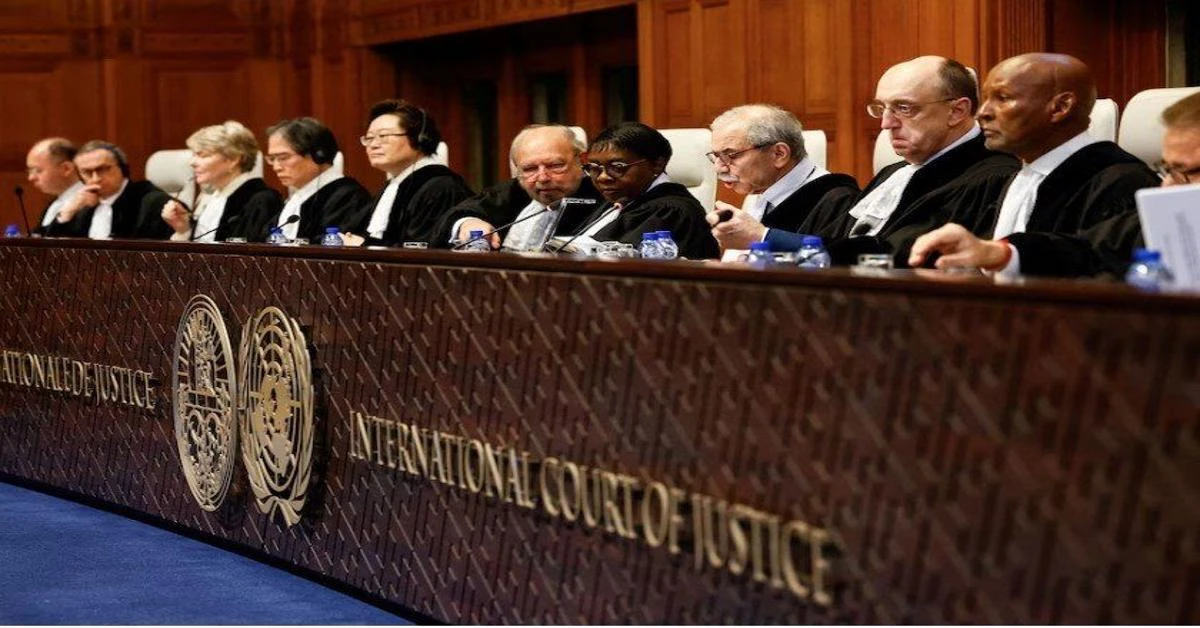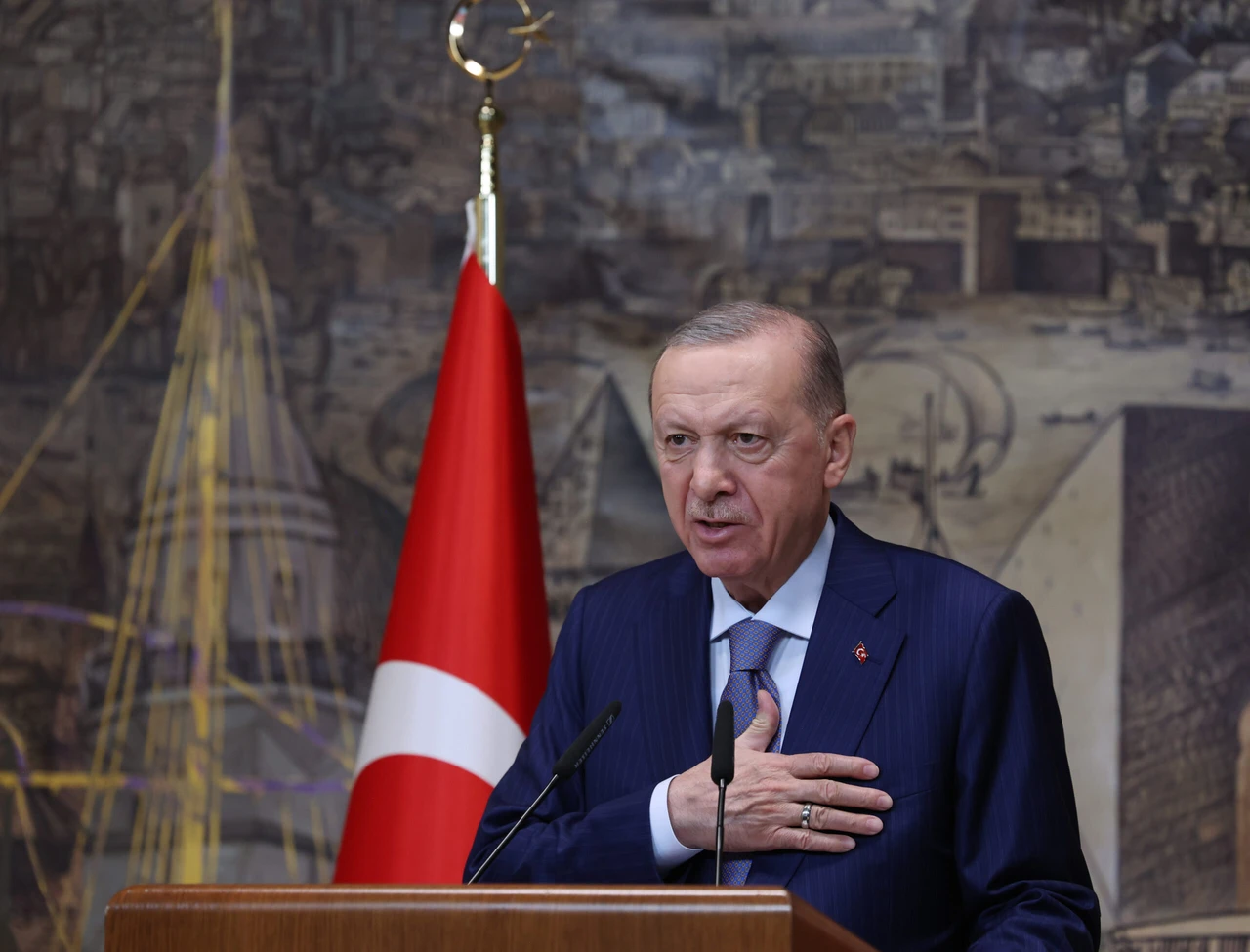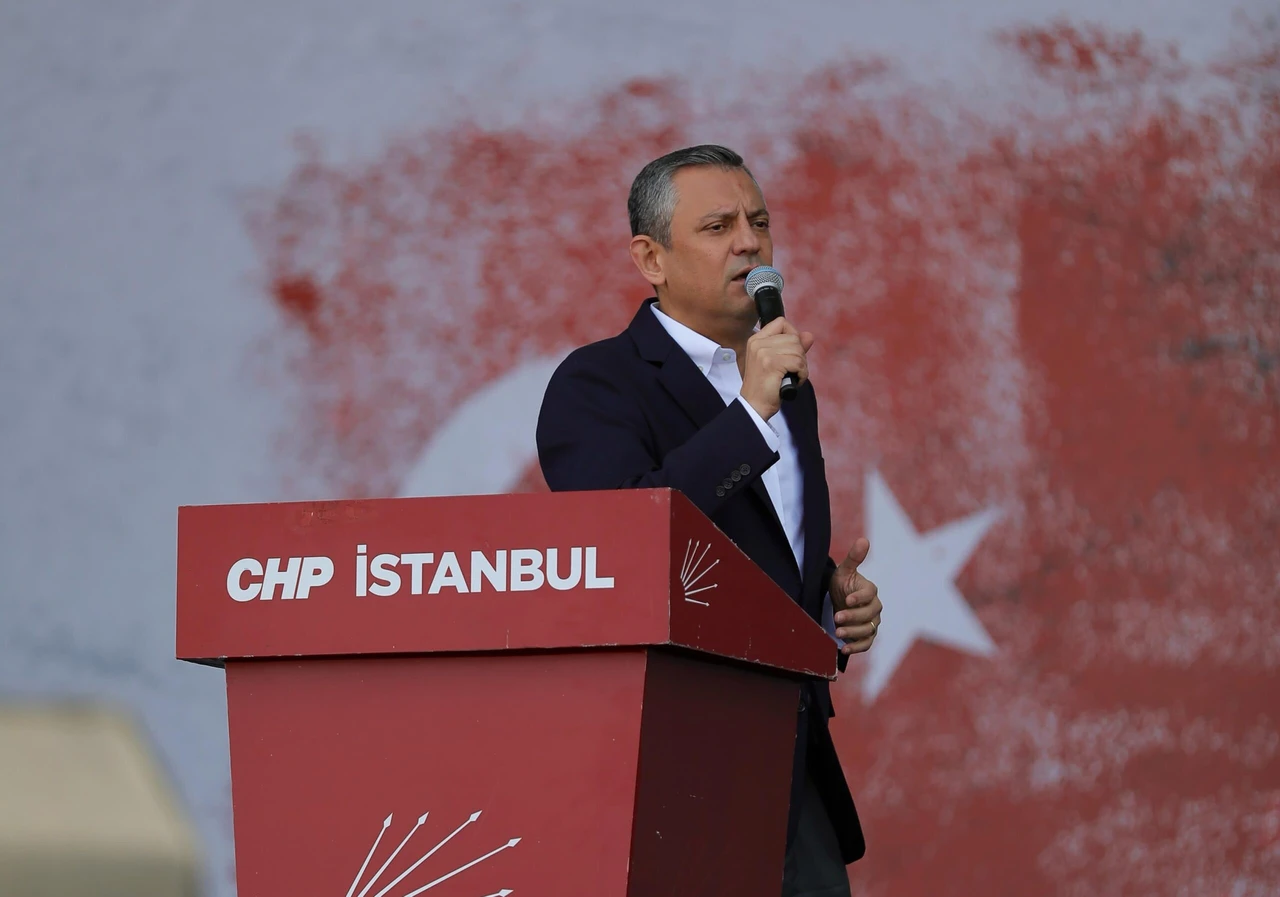Norway demands legal scrutiny of Israel’s occupation at ICJ hearings

Norway’s representative confronts Israel’s occupation of Palestine at the ICJ, exposing harsh realities besides legal and humanitarian issues
At the International Court of Justice (ICJ), Norway’s representative Kristian Jervell presented a critical analysis of Israel’s occupation of Palestinian territories, emphasizing the need for legal scrutiny by incorporating a blend of legal insight and humanitarian concern.
Jervell opened with a clear stance on the longstanding nature of the occupation, “Israel’s occupation of Palestinian territory has continued since 1967.” He highlighted the severity of recent events, including “ongoing indiscriminate and disproportionate use of force in the Gaza Strip, as well as illegal settlements in the West Bank, including East Jerusalem.”
Detailing the Israeli occupation’s impact on Palestinians, Jervell noted, “House evictions, demolitions, forced displacement, and settler violence against the Palestinian population… Such acts run counter to fundamental human rights in international humanitarian law, and the right to self-determination of the Palestinian people.”
Referring to the actions of Hamas on October 7, 2023, which he characterized as terrorism he emphasized, “This, however, does not justify any breaches of international humanitarian law, including by inciting or taking measures directed against the civilian population.”
On the legal definition of occupation, Jervell clarified, “A territory is considered occupied when it is actually placed under the authority of the hostile army.”
He asserted the continuous nature of the occupation, “Both the Gaza Strip and the West Bank are integral parts of the territory occupied by Israel in 1967 irrespective of the Israel military withdrawal from Gaza in 2005.”
While addressing the duration of the occupation, Jervell stated, “While international law does not set any specific time limits, military occupation is, in essence, temporary.”
He warned of the potential shift from occupation to annexation, “A military occupation cannot be permanent. If an occupation is allowed to be indefinite, the distinction between occupation and annexation dissolves.”
Jervell also reiterated Israel’s obligations towards Palestinian self-determination. “The court notes in par 149 that Israel is bound to comply with this obligation, to respect the rights of the Palestinian people to self-determination,” he reminded the court.
Further, he stated, “Norway believes that permanent or irreversible measures taken by Israel on occupied Palestinian territory would likewise be contrary to the Palestinian people’s right to self-determination.” He reminded, “This is why it must be reiterated that annexation under any form is illegal under international law.”
Jervell also referred to an independent commission’s report. “Israel treats the occupation as permanent and has, for all intents and purposes, annexed parts of the West Bank while seeking to hide behind a fiction of temporariness,” the representative stated. The report noted Israel’s actions as constituting de-facto annexation.
In his closing statements, Jervell delved into the broader implications of the occupation. He discussed how the establishment of settlements represented a transfer of parts of the occupying power’s civilian population into the territory it occupies, a clear breach of international law.
He raised concerns about the prolonged duration of the occupation, now lasting over half a century, and its potential classification as de facto annexation. The representative also noted the plans for further expansion of Israeli settlements and Israel’s appropriation of natural resources and control of infrastructure in the West Bank, leading to a situation that closely resembles annexation.
Finally, he highlighted statements by Israeli political leaders that suggest an aim for de facto annexation by recalling, “In 2019, Prime Minister Benjamin Netanyahu declared that Israel would continue to build and develop the West Bank. He said that not one resident or community will be uprooted in a political agreement, and Israeli military and security forces will continue to rule the entire territory.”
Interestingly, the plan unveiled by Israeli Prime Minister Benjamin Netanyahu on Friday, proposing major changes in Gaza’s administration and demilitarization, echoes the concerns highlighted by Norway’s Kristian Jervell at the International Court of Justice.
Netanyahu’s vision, which includes asserting Israel’s security control over the entire area west of Jordan, encompasses key aspects akin to the permanent measures and de facto annexation practices Norway raised alarms about.
Source: Newsroom



